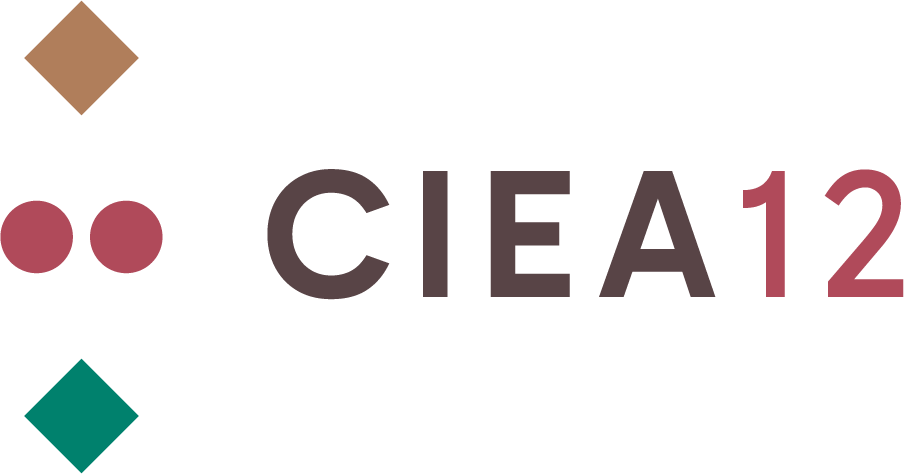African actors long march of empowerment surge with the independences in the second half of the XXth century, collectively structured in the Organization for African Unity (OAU) and in the intergovernmental subregional organizations (SRO). With the new century, African countries acquired a newfound agency, represented at the table of the emerging powers by South Africa, and with a new collective propose of autonomy in the African Union (AU) and the African Peace and Security Architecture (APSA). This change occurred in tandem with the global regime transition from the bipolarity of the Cold War to the American unipolarity of the post-Cold War, shaped in the XXIst century first by the economic rise of China and, most recently, by the military challenge of Russia.
At the entrance of the second quarter of the XXIst century we analyze the global, regional and sub-regional security regimes through the lenses of Regime Complex Theory (Raustiala and Victor, 2004; Brosig, 2013) in their institutional configuration, following the legalization framework of Abbott and Snidal (2000).
We analyze the interactions of regimes at three levels and how they reinforce, undermine or modify the effectiveness of the ordering principle of sovereignty and the associated authority of intergovernmental organizations to decide on military interventions.
At the subregional level we analyze the African intergovernmental subregional organizations which are part of the APSA, at the regional level the AU and at the global level the United Nations.
Our proposal is that International Organizations, out of their own interest and as reflection of states’ interests, will aim to maintain or increase their power, which translates into reclaiming authority over military interventions. As the UN has primacy over the decisions on military interventions, the AU and SRO will challenge this ordering principle of the regime.

African International Organizations within the global security regime
Ricardo Sousa


